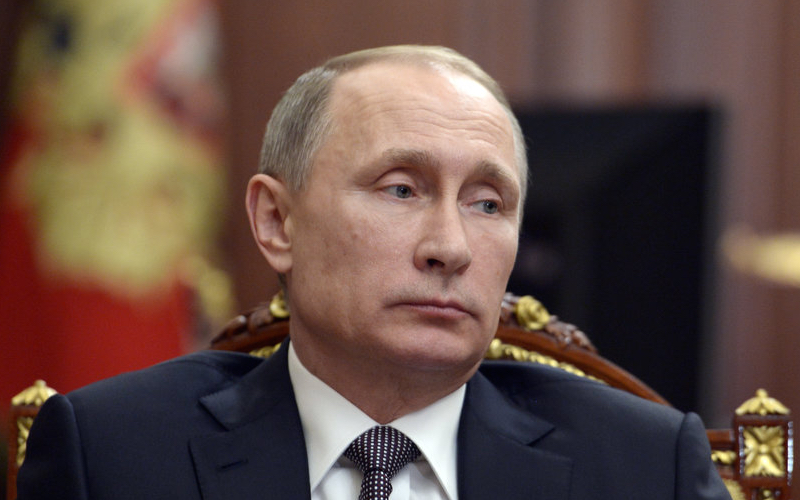
The Dilemma of New START and the INF
The New START Treaty signed and ratified in 2010 and the INF Treaty that went into effect in 1987 are the two cornerstones of US-Russia relations and arms control. The US-Russia paradigm has been one of signing arms control treaties and implementing them. There has been, however, a lack of oversight and verification that led to the breakdown of the INF Treaty, which in turn had arms control watchers shift their focus to the New START Treaty.
In 2010, two young presidents, Barack Obama and Dmitry Medvedev, signed what was supposed to be a landmark treaty ensuring peaceful and conducive arms engagement between the two former adversaries. Diplomatic summits such as these exhibit no restraint on the usual summitry that is blamed for lack of progress, but the signing and ratification of the treaty by both presidents, Duma, and Congress was heralded as a new chapter. Dmitry Medvedev, who is a Technocrat, ultimately stepped down in favor of allowing his mentor Vladimir Putin to return.
While Medvedev’s focus was more on dovish engagement and economic integration for Russia, Putin’s focus on the balance of power and international security resulted in Russia’s violation of the 1987 INF Treaty by testing cruise missiles. This resulted in the US initiating a buildup in the Aegis System aimed to deter Russia and level the playing field by reminding the Kremlin that unrestricted arms buildup and illegal testing of prohibited missiles will not go unchecked.
Rose Gottemoeller, the chief US arms control official, is vocally pointing out that Russia has been actively defying its arms control obligations since 2013. Vladimir Putin’s return to the presidency began a new, aggressive phase in US-Russia arms control. Two schools of thought exist in this debate advocated by Professor Stephen Cohen of New York University and Professor Michael McFaul of Stanford University (Professor McFaul was also the chief architect of The New START Treaty and US Ambassador to Russia). Professor Cohen has warned for years that NATO encroachment of former Soviet territory has been the key ingredient for the toxic relations between the two countries. Professor McFaul has advocated Western integration, transparency, and a blunt pro-Western approach to dealing with US-Russia relations. Both have merited examination, but the McFaul school of thought has reigned dominant.
With Medvedev becoming the Russian Prime Minister, the US has had to deal with Putin and his Silovik (Russian persons from the military/security institutions associated with force) approach to world affairs. Namely, Putin has made it clear in no uncertain terms that NATO should not encroach on former Soviet territory because Moscow still maintains its regional supervisory role in Eastern Europe and Central Asia. NATO expansion has been increasing exponentially. Russia has implemented measures to stop Ukraine and Georgia from moving closer to what it views is an anti-Russia collective security organization. Putin’s decision to test cruise missiles stemmed from a simple order to his Minister of Defense. The military reforms during the Medvedev presidency resulted in the President of Russia being able to completely control the military apparatus without interference from any agency or bureaucrat in government. Putin was the sole decision-maker with regard to violating the INF Treaty. Currently US-Russia military tensions are high with both countries not pursuing the same level of confidence-building measures.
The New START Treaty has been holding the two countries together in a tense and mildly peaceful relationship, but issues such as Ukraine, Syria, Iran, and NATO have obfuscated and deflected the hopes of the signers and architects of the agreement. The violation of the INF Treaty may not lead to its complete abrogation, but arms control has lost a building block in the US-Russia post-Cold War détente. New START was signed by Medvedev with the Russian citizenry and the world believing that Putin’s time at the apex of power had ended. The Silovik President has returned and is using every international and geopolitical crisis to defy obligations. For Putin, foreign policy is a game to enhance his country’s standing and security against Western security architecture. Medvedev’s Technocratic and Liberal Internationalist impulses and worldview are now secondary to Putin’s Silovik international security and balance of power fixation.
The next administration must come in with its foreign policy priorities on Russia to involve missile defense and revitalizing the New START Treaty. The new contours of the post-Medvedev Russian foreign policy have been present since 2012 but treaty advisors and implementers have been steadfast in their support of the agreement signed in 2010. For the New START Treaty to not be violated similar to the INF Treaty, policymakers must reassess the Silovik Russian foreign policy and the changing world stage for the “Reset” of the “Reset.”
